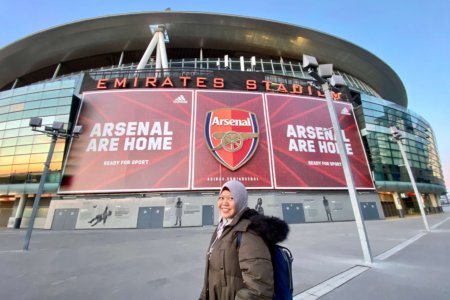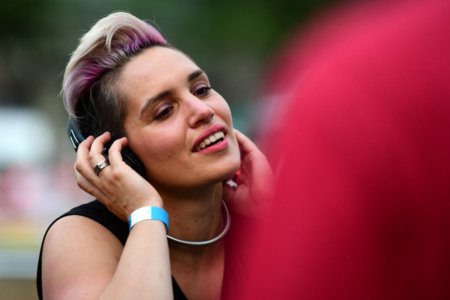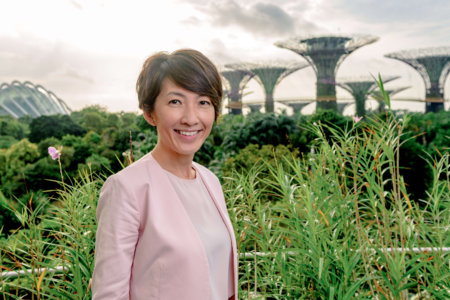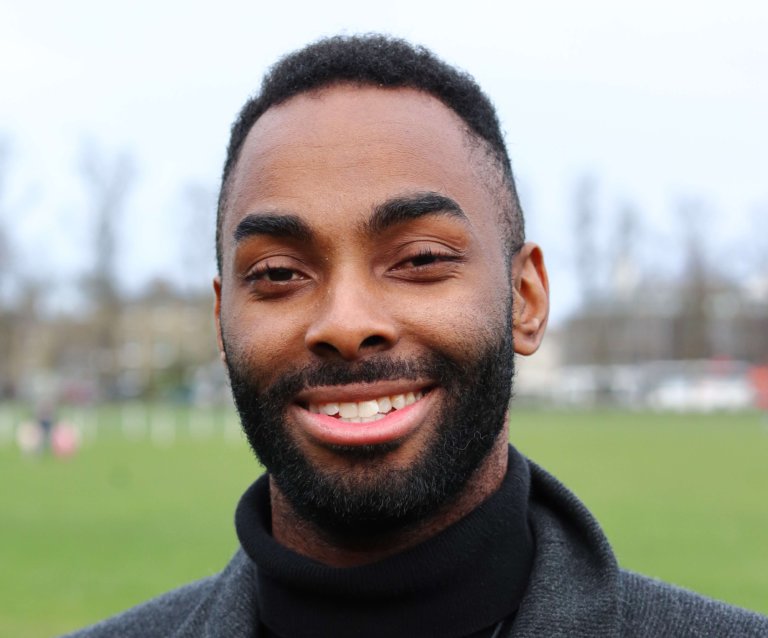
Born in Brooklyn, New York, to a Haitian mother and Jamaican father, Collin Edouard was raised in a rich Caribbean culture. When his mother sent him to private school, he experienced intense racism as the only Black student.
“I was called every single name associated with my skin colour,” he writes for Gates Cambridge. This didn’t stop him from entering the school choir though and there, he grew to look up to singers, the likes of Andrea Bocelli and Luciano Pavarotti.
This eventually led Edouard to get a BA from The City College of New York, an MA from Columbia University, and an MM under the Gates Cambridge Scholarship. Today, he’s undertaking a PhD in Ethnomusicology from Yale University.
His journey exposed him to how the world ranks western classical music as the highest form. As his culture is a big part of his identity, this didn’t sit right for him — which is why he shares diverse forms of music in his classes in the hopes that the curriculum can change.
We caught up with him via email to learn more about his foray into music, his advocacy and his future plans:
Why did you choose to study classical music?
In my culture, music is all around. But, I chose to study classical music at first to get out of the reading section in fifth grade. My teacher then told us about school starting a music band and it happened to be during that reading session and I didn’t really like my teacher so that’s how it started.
Tell us more about your mentor, Ira Spaulding?
I was told to go meet Spaulding when I was looking for colleges and in my mind, I thought I was meeting a white man. I’d never had a Black teacher before.
To my surprise, when I knocked on his door, I saw a tall Black man who I later learned is also Caribbean like myself. At that moment, I stopped looking for schools because I knew that’s where I wanted to go.
Can you share with us how you try to express your Caribbean cultural identity in your music teaching?
At first, I didn’t because I didn’t know I could. I thought the way you study classical music is just the way you learn and I accepted that.
Then, I realised that I never saw Caribbean music represented in the classroom or anywhere else. I had trouble understanding why there wasn’t more cultural representation in music studies.
I made it a point to balance that out in my teaching. In my classes, we learn about music from the Global North and the Global South. I made sure of this for the kids that look like me or that are also from the Caribbean islands.
It’s nice to have something that they recognise and understand. It’s all about being more aware.
With regards to this, what do you think institutions around the world should do to be more inclusive? Not only with music but other subjects as well?
I think indigenous knowledge should be reclaimed. I really strongly believe that and I do think we have to reimagine how we define what a scholar is or what an expert is.
Right now, most of academia believe that scholars are people who went to institutions of higher learning. When in fact, if I want to know something about a culture, I would go to the people who lived that culture to understand the nuances.
Those are the scholars. Nobody else can tell you better than they can. I don’t care who studied them or what their accolades are, the people who understand their own culture are the scholars who know best.
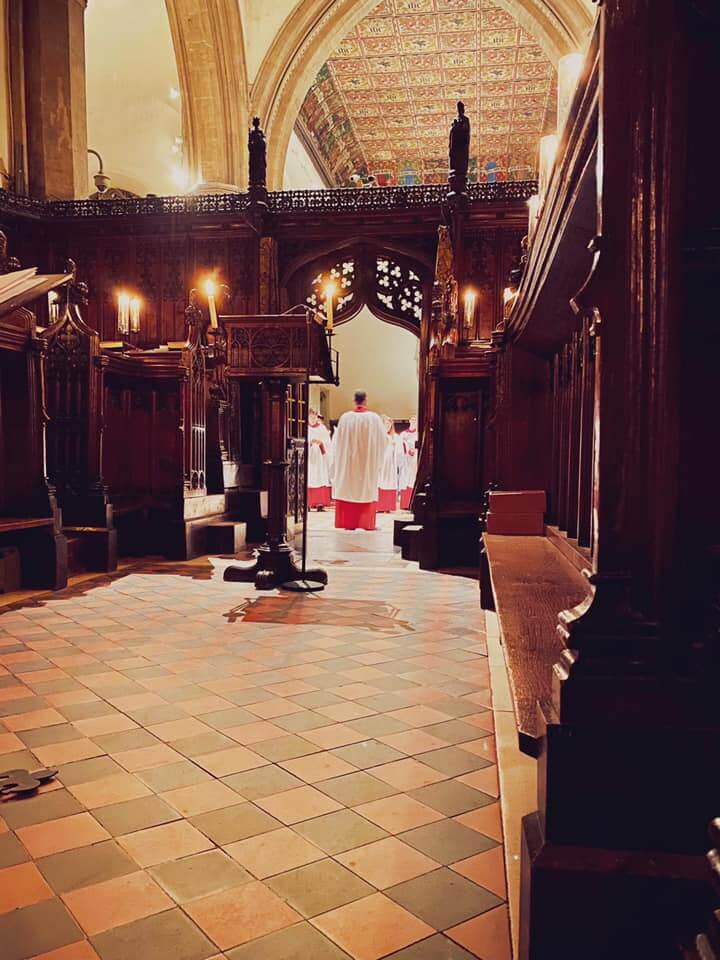
“I think indigenous knowledge should be reclaimed. I really strongly believe that and I do think we have to reimagine how we define what a scholar is or what an expert is,” he says. Source: Collin Edouard
I think that’s the best thing I think schools can do — reimagine the concept as scholarship. One thing the pandemic taught us is that we are far more connected than we could have ever imagined.
With platforms like Zoom, you could reach anybody. Nowadays, you can also ask anyone to share something and teach something whatever the case may be. Anyone can be an expert in something.
Is this something you try and teach? A more show-and-tell format?
I don’t know if it’s show-and-tell per se but I really do. I’m very much into immersion and embodying what we hear and what we see. I’m also very much into discussion.
I feel like the way we’ve been doing education where the teacher talks, the students listen and get assessed on what they heard, is not beneficial anymore.
Indigenous people don’t just sit there and talk about music, they dance and move to it. They embody is and that’s how they understand it — through their bodies. If you’re really trying to learn music from someone else’s culture, you’re going to have to do it just like they do.
From there, what then made you apply to study classical music under the Gates Cambridge Scholarship?
The truth is, I was teaching (I usually put on random songs on YouTube) and I came across one I thought I could sing, teach and introduce to my class. I then came across a beautiful song and I was so overwhelmed, I stopped what I was doing and looked at my computer.
It was Sir Stephen Cleobury (the choir director at King’s College, Cambridge) conducting. I thought, gosh, that’s so beautiful. I wanted to learn how to do that and I emailed him.
I didn’t tell anybody because it was just one of those things where I was like, we’ll see. I then secretly applied for the Gates Cambridge Scholarship to study classical music.
At the time, I already had a master’s and I was already working as a teacher so the only way for me to go was if it was completely free. When I saw the application, I never thought I would get it.
I was very shocked when I got the letter telling me I won. I was very relaxed in my interviews because, in my mind, I thought it wasn’t going to happen so I think that helped.
What’s your perception of classical music?
I just want to make sure that this is very clear as a lot of people think I’m coming after classical music as a whole when actually it’s not that at all. I love classical music, it’s beautiful and it deserves a seat at the table.
What I’m after, is the system that suggests that classical music is the best and most important. I want to make sure this point of mine comes across clearly.
Unfortunately, we live in a world where this system is up here and my stuff is down here.
What are you up to now with music and teaching?
Right now, I’m a PhD candidate studying ethnomusicology at Yale. I also co-founded a business during COVID-19 to have discussion panels because I noticed there’s a severe lack of information especially when it comes to Black and brown people.
We have conversations and brief presentations on the latest updated information so people can be aware. The majority of the presentation part is where we invite panellists to come and talk about their experiences during the pandemic.
For example, the last meeting we had was about COVID-19 and performing arts so we invited an artist from Poland and an artist from Haiti to talk about the differences. From what they experienced to what they understand and what’s going on.
These panels are available in a video format because I realised it’s a great way to connect and very international. We have people from Greece, the UK, obviously a few from Africa, Germany, who just come in to listen because all the information is vetted.
What do you think graduate students didn’t know until they began their careers? What would you advise your younger self?
I would say, in that environment, your thoughts and feelings are always valid. Stay true to your feelings as injustice and discrimination are everywhere.
In a classroom setting, understand that your voice is important and what you have to offer the classroom or workforce is so valuable. Don’t allow people to minimise who you are.
You are a shining star and shining bright. I would definitely tell my younger self that. I would even tell my younger self that a week or a month ago. I’m always trying to reaffirm and remember who I am and what I have to offer. My voice, my culture, and my experiences are so valuable.
Lastly, who do you look up to as your musical idol and why?
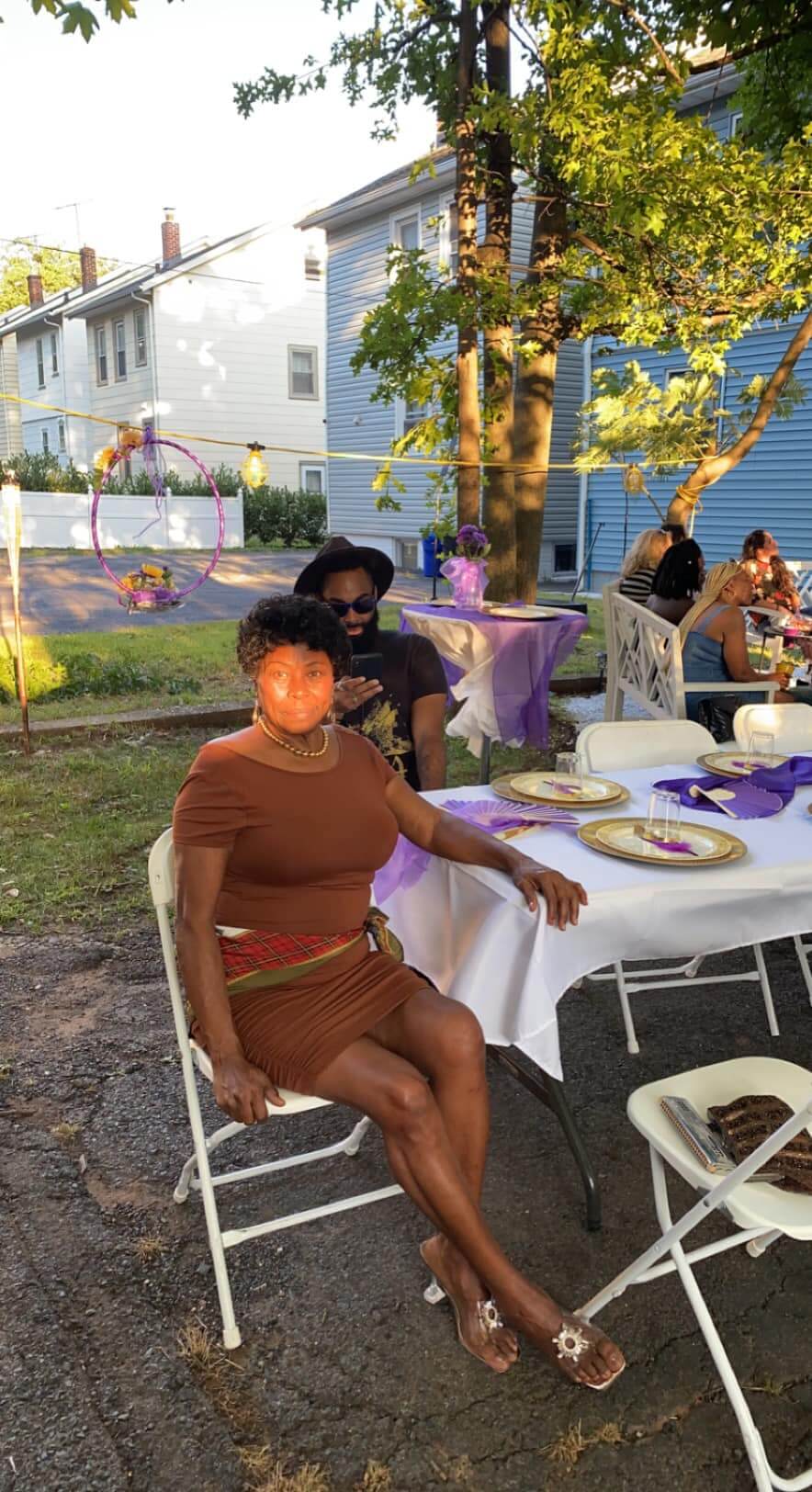
“Kids in general music education never get songs like this from that type of environment so I thought it was great. Hearing them sing songs from my culture and also from my grandmother, in particular, was very moving. So, my idol would be my grandmother,” Edouard tells Study International. Source: Collin Edouard
I don’t think I’ve ever been asked that question. That’s a good one. To be very honest with you, it would be my grandmother.
She’s not a professional singer at all but she used to sing to me a lot when I was younger. She still does. At any moment’s notice, she’ll bring her harmonica and plays for everybody to hear and it’s the cutest thing.
When she sings, she has this very low, deep voice. I recall, a couple of years ago, I was teaching second graders one of the songs my grandmother used to sing to me. It was a traditional Haitian song.
Kids in general music education never get songs like this from that type of environment so I thought it was great. Hearing them sing songs from my culture and also from my grandmother, in particular, was very moving.
So, my idol would be my grandmother.








